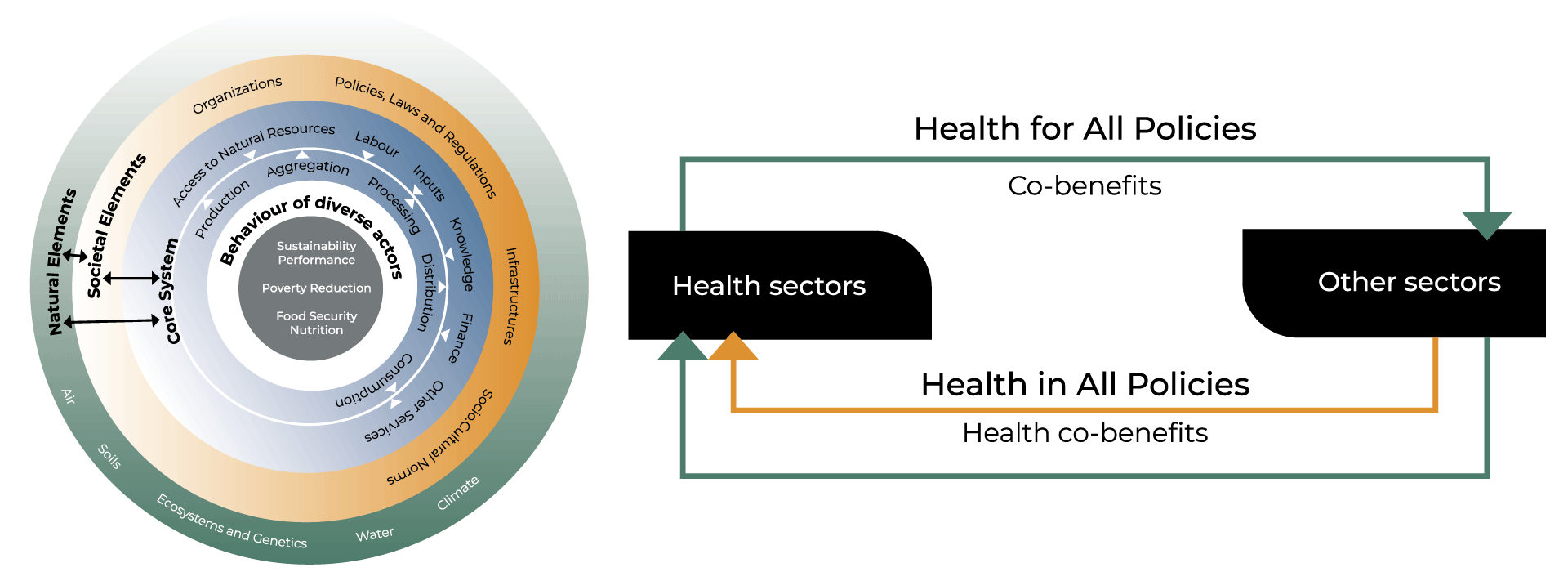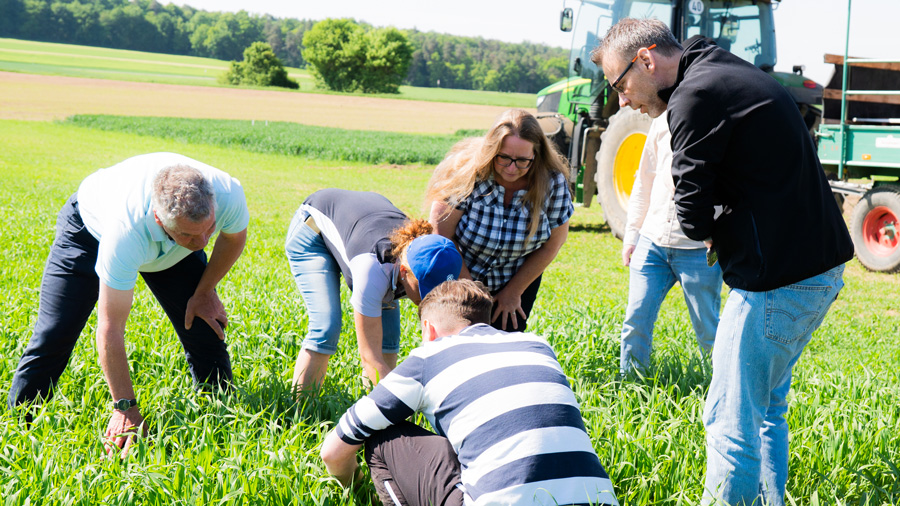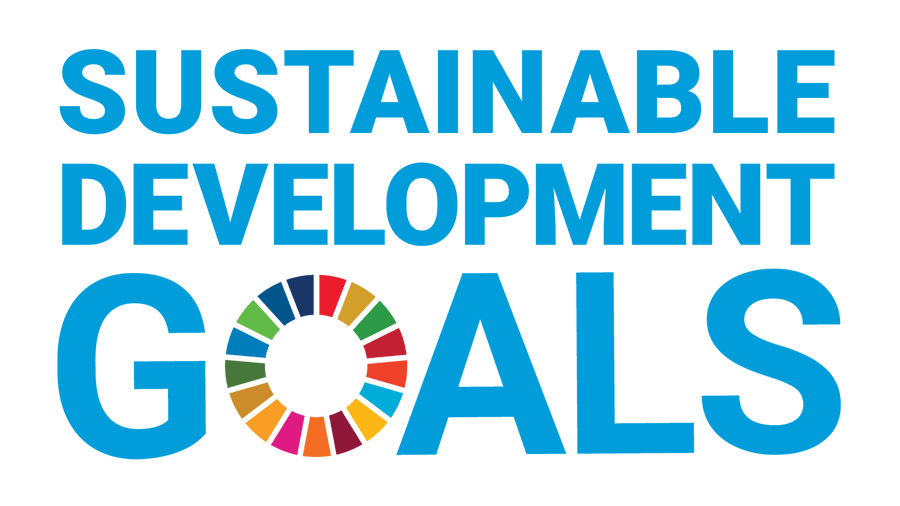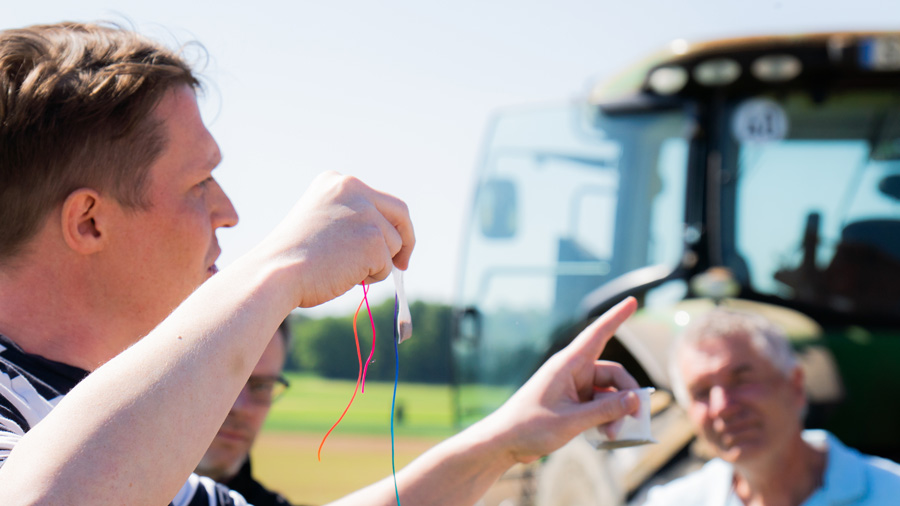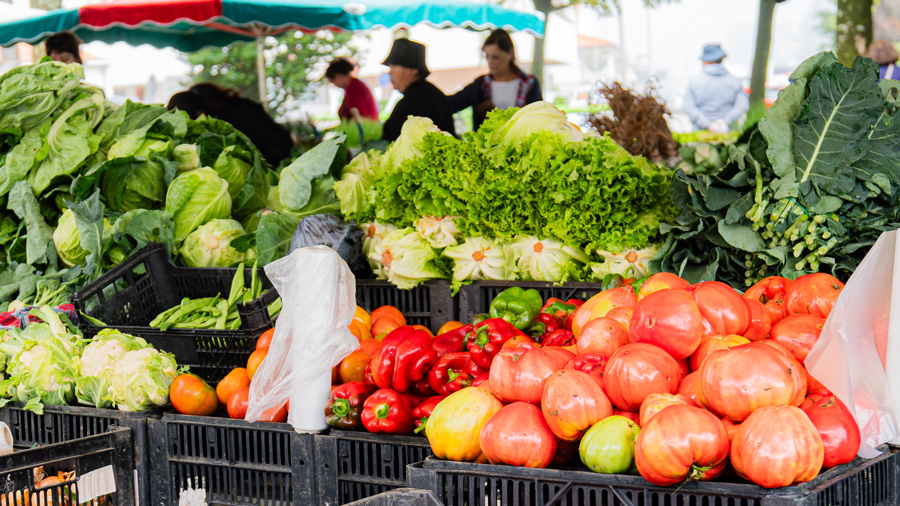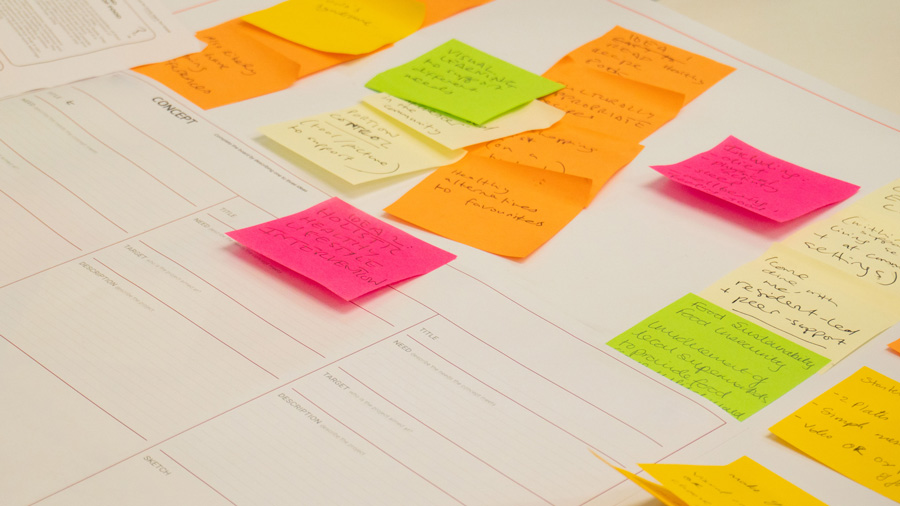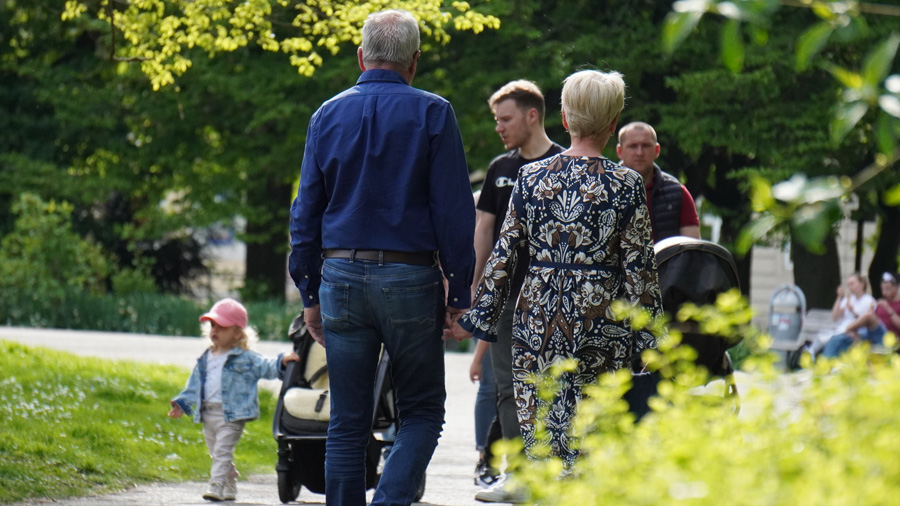The project “Health-oriented Agri-Food Systems Transformation Network” (HEAL) has the following objectives:
To build the foundations for a Baden-Württemberg-based international network of health and agri-food system value chain stakeholders from health, agriculture, business, civil society, policy, and academia, for research and funding collaboration.
To cultivate this network to help position economic and social transformation research and experience at the front of informing regional, national and international discussions and actions on just and sustainable health-oriented agri-food systems transformation.
To strengthen Baden-Württemberg research in the EU and contribute to the state's innovative capacity.
As defined by the FAO, agri-food systems include all the steps and actors involved in getting food from field to fork, encompassing everything from production and processing to distribution, consumption, and waste management. These systems are increasingly shaped by population growth, climate change, urbanization, and global trade dynamics. These challenges highlight the urgent need for a systems-based approach, one that considers the interconnections between health, the environment, and the economy in a holistic and sustainable way.
Such an integrated perspective is essential to achieving the United Nations Sustainable Development Goals (SDGs), which call for ending hunger, improving nutrition, and ensuring sustainable agriculture by 2030. A sustainable food system must deliver food security and nutrition for all, without compromising the economic, social, and environmental foundations needed to sustain future generations. In practical terms, this means food systems must be economically viable for producers and workers, socially inclusive and equitable, and environmentally responsible. Achieving this vision requires coordinated and cross-sectoral action, linking efforts at local, national, regional, and global levels.
Similarly, the One Health approach recognizes that the health of people, animals, and the environment are deeply interconnected. Our food systems, how we produce, process, and consume food, directly influence public health outcomes, from food safety to the spread of zoonotic diseases. Industrialized agriculture, land-use change, and global supply chains can increase health risks, while also weakening the resilience of natural ecosystems. One Health provides a framework for tackling these complex challenges by fostering collaboration among disciplines, from veterinarians and medical doctors to environmental scientists and policy experts. It encourages integrated solutions that not only prevent disease but also promote sustainable farming practices, protect biodiversity, and build a skilled workforce equipped to manage food system risks.
Closely linked to these concepts, we find the Health for All Policies, which extends the well-known “Health in All Policies” approach. While the latter calls for all sectors to consider the health implications of their decisions, Health for All Policies goes a step further, it emphasizes how the health sector itself can actively support the goals of other sectors. In the context of agri-food systems, this means recognizing that promoting healthier diets, preventing disease, and improving nutrition are not just health outcomes, they are also factors for economic development, education, environmental sustainability, and social equity. For instance, healthier populations reduce healthcare costs, are more productive in the workforce, and help create more resilient communities. Health for All Policies reframes health not as an outcome alone, but as a driver of societal well-being and a core part of decision-making across the food system.
To turn these integrated concepts into practical action, HEAL is organizing a 17 Rooms workshop in the Rhein-Neckar metropolitan region on October 20, 2025. The 17 Rooms initiative, launched by The Rockefeller Foundation and the Brookings Institution, is designed to accelerate progress toward the SDGs by fostering focused collaboration across diverse stakeholders. In this workshop, HEAL will bring together actors from across the food value chain, farmers, food businesses, policymakers, researchers, and civil society, to co-create actionable, near-term solutions tailored to urban food challenges. The focus will be on developing healthy, fair, and sustainable urban food production models that can be implemented locally and inform broader policy and practice.
HEAL aims to develop projects and apply for EU-funding calls that support research focused on innovation and sustainability in agri-food systems. Through its research and innovation policy framework Food 2030, the EU is driving the transition toward food systems that are healthy, inclusive, resilient, and environmentally sustainable. This framework aligns closely with the European Green Deal, Farm to Fork Strategy, and Bioeconomy Strategy, with the goal of delivering co-benefits for human health, the planet, and society. Food 2030 promotes a systemic, cross-sectoral approach that engages all actors along the food value chain, from production to consumption, while encouraging the development of new technologies, circular practices, and community-based solutions, in line with the concepts outlined above
References:
“Agri-Food Systems.” Evaluation, https://www.fao.org.... Accessed 7 May 2025.
https://openknowledge.fao.org/server/...
Patterson, Grace T., et al. “Moving Health to the Heart of Agri-Food Policies; Mitigating Risk from Our Food Systems.” Global Food Security, vol. 26, Sept. 2020, p. 100424. ScienceDirect, https://doi.org/10.1016/j.gfs.2020.100424.
Greer, Scott L et al. “From Health in All Policies to Health for All Policies.” The Lancet Public Health, Volume 7, Issue 8, e718 - e720, https://www.thelancet.com/journals/...
https://www.ncchpp.ca/docs/...
“17 Rooms.” The Rockefeller Foundation, https://live-rockefellerfoundation.pantheonsite.io/... Accessed 7 May 2025.
Garcia, Sara N., et al. “One Health for Food Safety, Food Security, and Sustainable Food Production.” Frontiers in Sustainable Food Systems, vol. 4, Jan. 2020. Frontiers, https://doi.org/10.3389/fsufs.2020.00001.
Angelos, J., et al. “One Health in Food Safety and Security Education: A Curricular Framework.” Comparative Immunology, Microbiology and Infectious Diseases, vol. 44, Feb. 2016, pp. 29–33. ScienceDirect, https://doi.org/10.1016/j.cimid.2015.11.005.
Food Systems - European Commission. 26 Mar. 2025, https://research-and-innovation.ec.europa.eu/r...
Banner figures: The food system wheel, FAO (left), The association between health and other sectors - From Health in All Policies to Health for All Policies (right)
